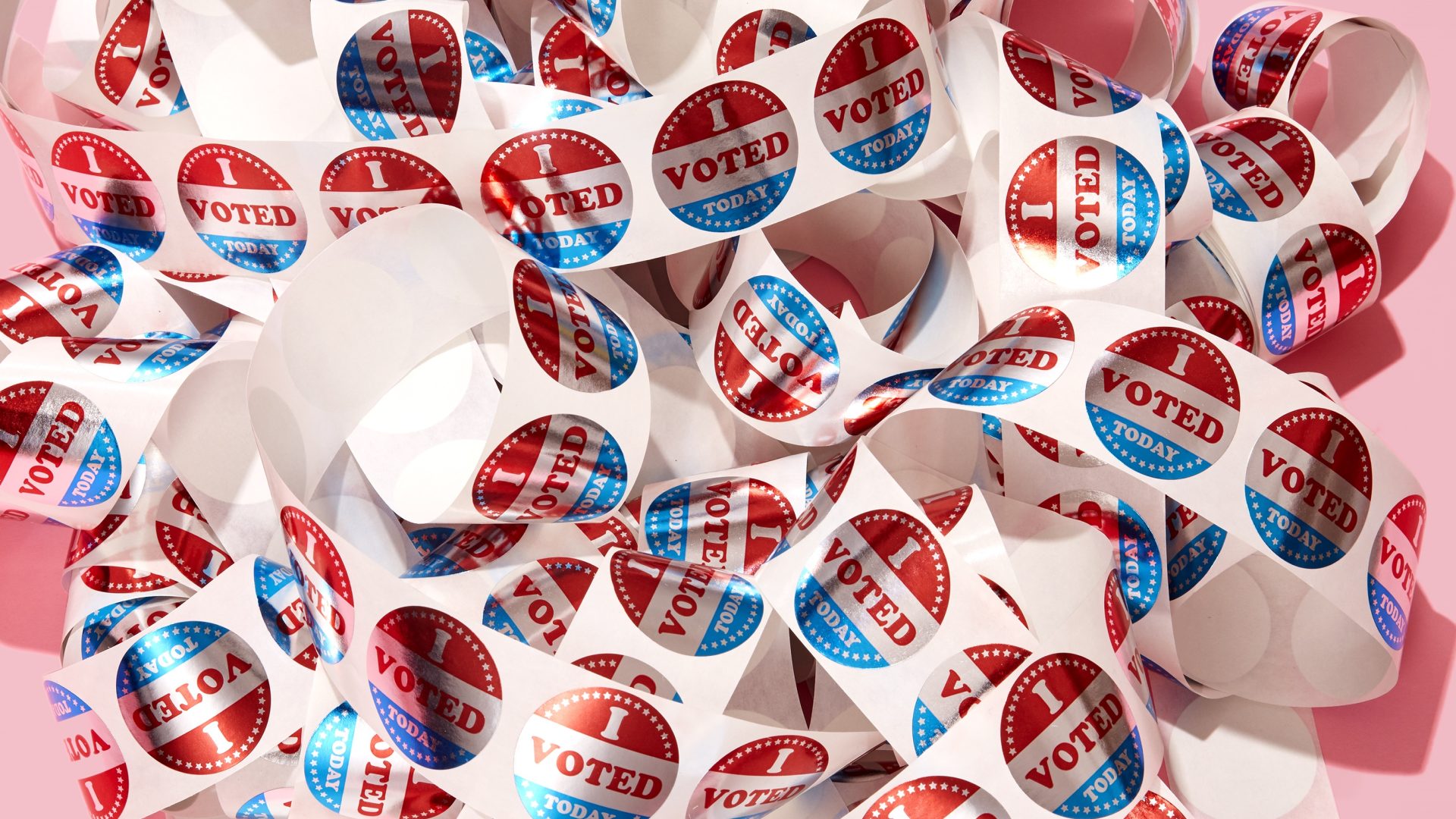
On January 3, the Safeguard American Voter Eligibility or SAVE Act was reintroduced to the United States House of Representatives. The proposed legislation requires individuals to provide proof of U.S. citizenship, such as a birth certificate or passport, to vote in federal elections or update their voter registration information. The Republican-controlled House voted in favor of the SAVE Act on April 10, prompting several voting rights organizations and groups to condemn the bill’s ruling and provide further context on its implications, especially to disenfranchised communities. According to the House’s decision, the SAVE Act is a solution to eliminating voter fraud, but despite its rescue-worthy title, it won’t save anything. In fact, it will do the exact opposite.
“When I think about the SAVE Act, I think about the millions of people around the country who unfortunately would not be able to vote because of this additional hurdle being put in their way,” When We All Vote Executive Director Beth Lynk commented. Currently, around 45% of Americans do not have a U.S. passport, with 20% of those citizens being Black Americans. Nearly 90 million eligible citizens did not vote in the 2024 U.S. presidential elections for various reasons, including voter fatigue and voting barriers. The SAVE Act is a significant piece of legislation that aims to disempower voters on a federal level, while similar bills are being enacted in different states. States like Louisiana and North Carolina implemented more restrictive voting laws in 2024 than in any other year in the last decade, except for 2021. “We should really be making voting easier, not harder,” Lynk told GU.
The SAVE Act notably poses a threat to married women, particularly those who changed their maiden names. As per a recent Pew Research Center survey, 8 in 10 women in heterosexual marriages take their husbands’ last name. In Western culture, it remains a traditional practice, with 79% of the women polled stating that they have taken their husbands’ names. “If you got married and changed your name, your ID will not match your birth certificate, and if you do not have a passport to prove your citizenship— you will not be able to cast your ballot,” Minnesota Representative Ilhan Omar wrote on X, protesting the SAVE Act.
In a 2015 study, the New York Times reported that married women’s likelihood of keeping their maiden names increased. Many do so, often citing career-related reasons or upholding feminist ideals. In recent years, this controversial topic has generated online disputes, especially as the numbers continue to rise. Given the governmental repercussions, could this result in more women choosing to retain their maiden names for voting purposes? That is certainly a possibility, considering the looming legislative obstacles that may impact women voters.
Young voters, particularly Gen Zers, are given the short end of the stick. The generation constantly experiences unprecedented times, combating the COVID-19 pandemic and inheriting a struggling economy as they enter adulthood. The SAVE Act would only further exacerbate these issues. “When I think about the SAVE Act, I think about the young people who would have to drive to election centers to register to vote because online voter registration (OVR) would ultimately be eliminated,” the Executive Director said. Although precise statistics displaying online voter turnout have not been recorded, it can be inferred that the convenience of OVR is more appealing to a digital native generation.
Meanwhile, as Gen Zers move to college or launch their early careers, some may not have their identification documents readily available. “When we see these consistent attacks to put barriers in place to participate in our democracy, that just shows the power of young people’s vote,” Lynk admitted. Additionally, young Black voters already encounter an onslaught of systemic barriers impacting voter turnout. Citing a Tufts University survey, 30% of Black youth consider racism to be a top-three issue priority, compared to 9% of non-Black youth. The voter registration process can be daunting for first-time voters; thus, organizations like When We All Vote and HBCUs often reach out to Gen Z voters for guided support. “This piece of legislation would make it harder for organizations like When We All Vote to help people register and do that direct outreach.”
Following the 2016 resurgence of “fake news” during the presidential election, the term has eroded the general public’s trust in media. In January, Meta decided to follow X and replace fact-checking with community notes, leading to widespread dissemination of misinformation across social platforms. However, one way to combat misformation is to check your sources and research the topic at hand. “When you’re receiving information, take a moment to check where that is coming from, and if it doesn’t make sense, it’s probably not true,” Lynk advised. Particularly to combat the SAVE Act, make the effort to understand the bill’s revival and the stances of the representatives opting to push the proposal forward.
In 45 out of 50 states, local municipal elections are taking place nationwide. Check your voter registration to make sure all of your information is up-to-date to vote this election year. “Our democracy is a process that we have to actively participate in to get results,” Lynk noted. Since the SAVE Act has not passed yet, call and urge your senator to vote ‘NO’ on the SAVE Act. “Senators really do pay attention to the number of calls they get on different issues, so it makes a difference, even if you don’t talk to a staffer or senator.” Above all, always remember that your voice wields power.
Follow @WhenWeAllVote on social media to stay updated on the SAVE Act legislation.